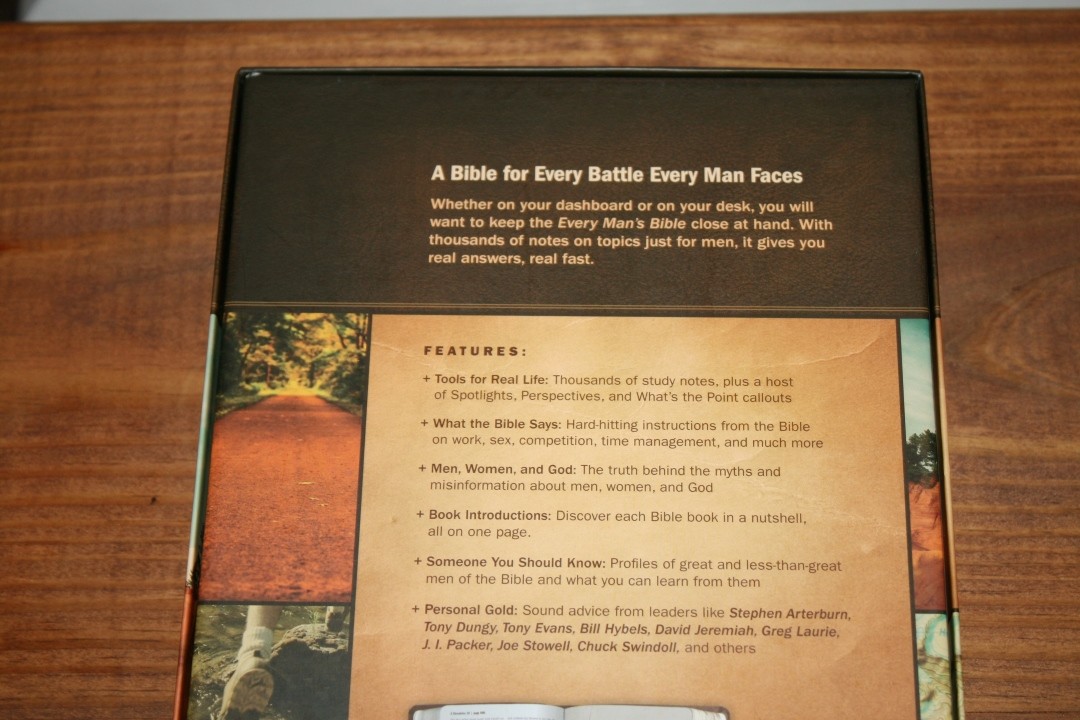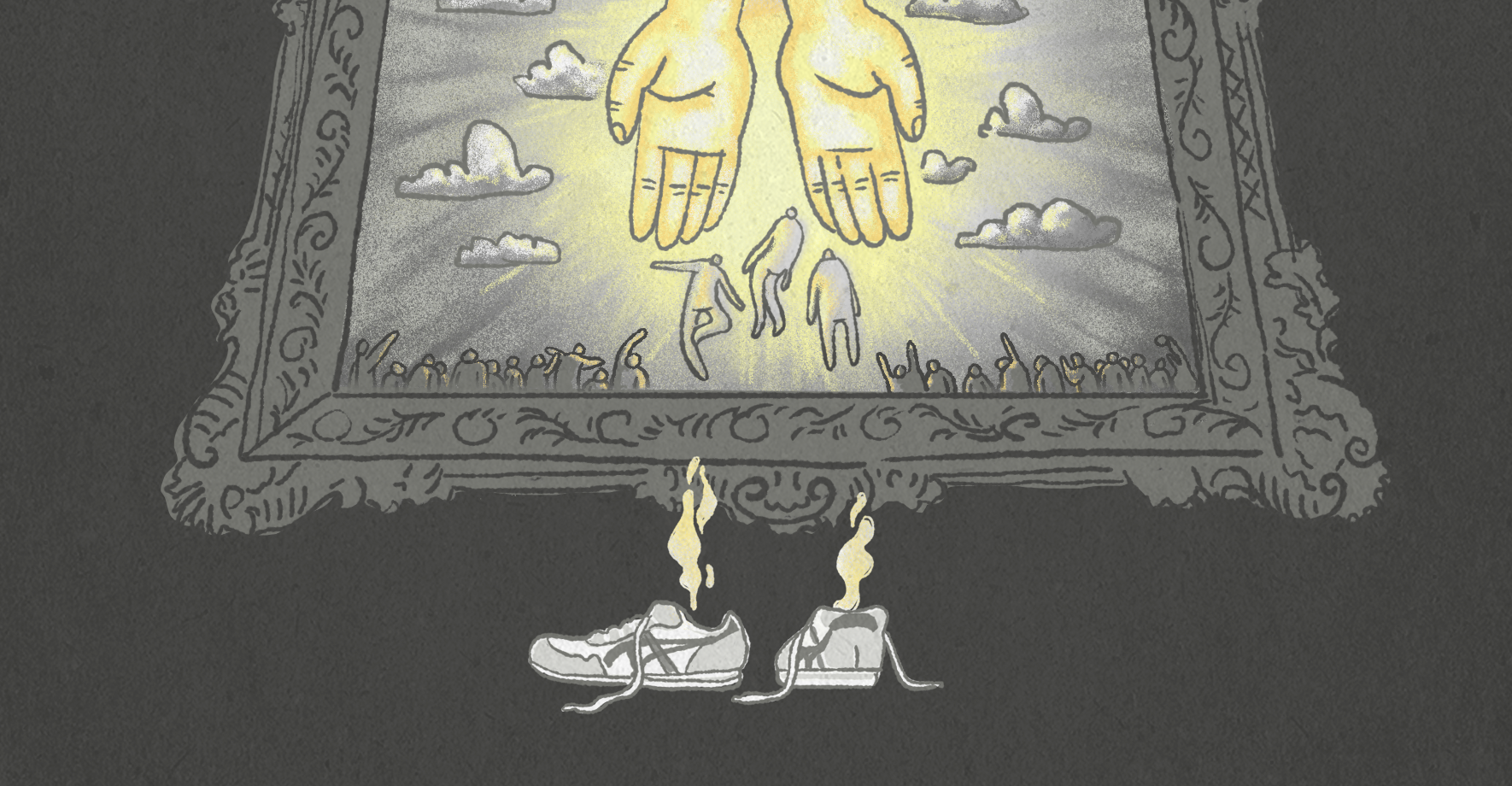

Practices of "spiritual warfare" vary throughout Christianity. Lutheranism, Anglicanism and Reformed Christianity įurther information: Exorcism in Christianity § Current beliefs and practices Evangelicalism Francis MacNutt, who was a priest within the Roman Catholic Charismatic Movement, has also addressed the subject of the demonic in his writings about healing. The traditional outlook is represented by Father Gabriele Amorth, who has written three books on his personal experiences as an exorcist for the Vatican: An Exorcist Tells His Story, and An Exorcist: More Stories, and An Exorcist Explains the Demonic: The Antics of Satan and His Army of Fallen Angels. An example of a more modern view of the demonic is found in the work of the Dominican scholar Richard Woods' The Devil. In modern times, the views of individual Roman Catholics of spiritual warfare have tended to divide into traditional and more modern understandings of the subject. is a secret and interior art, an invisible struggle in which monks engage every day against the temptations". Pope John Paul II stated that "'Spiritual combat'. The most notable of spiritual warfare prayers in the Catholic tradition is known as the Prayer to Saint Michael the Archangel. It has been suggested that this print may have influenced John Bunyan to write The Holy War. 1623), a print by Martin Droeshout depicting the Devil's army besieging a walled city, held by a "Christian Soldier bold" guarded by figures representing the Christian virtues. Įvangelical Christians promote the practice of exorcism, based on their understanding of Jesus statement: "If I drive out demons by the spirit of God, then the kingdom of God is upon you" at Matthew 12:28, Luke 11:20). Įvangelical imagery of spiritual warfare is derived from various parts of the Bible, particularly the Book of Revelation wherein the 'beasts' and 'kings of the earth' wage war against God's people ( Revelation 19:19) after the War in Heaven ( Revelation 12:7), sparking a final battle with Satan and earthly nations against God ( Revelation 20:8). To this end, evangelical interpretations divide history into two eras: the "present evil age", and the "age to come", in reference to the Second coming of Jesus. They also believe that Paul's epistles focus on Jesus' victory over these powers. Other verses cited include the apostle Paul's elaboration on a demonic hierarchy in Ephesians 6:12. They believe that a conflict exists involving territorial spirits or other hostile spirits forces, based on passages such as 1 John 5:19 ("the whole world is under the control of the evil one") and John 12:31, John 14:30 and John 16:11, where Jesus refers to Satan as "the prince of this world". Evangelical Christian demonology Įvangelical Christian denominations typically believe that Satan and his agents exert significant influence over the world and its power structures. Mark the Evangelist states that "he traveled throughout Galilee, preaching in their synagogues and driving out demons" ( Mark 1:39). In Christian evangelism, doctrines of demonology are influenced by interpretations of the New Testament, namely interpretations of the Gospels, in that dealing with spirits became a customary activity of Jesus' ministry. Mainstream Christianity typically acknowledges a belief in the existence (or ontological existence) of demons, fallen angels, the Devil and Satan. Thus followed literary works such as The Didache, The Shepherd of Hermas, Ignatius's epistle to the Ephesians, and Origen's Contra Celsum. Jewish apocrypha initially influenced post-New Testament writings of the early fathers, which further defined Christian demonology. Jewish demonology escalated with the rise of Jewish pseudepigraphic writings of the 1st Century BCE, in particular with Enochic apocrypha.

2.6 Spiritual Mapping & the Charismatic movementĭoctrines of demonology Jewish demonology.

2.3 Eastern Orthodoxy and Oriental Orthodoxy.2.2 Lutheranism, Anglicanism and Reformed Christianity.


 0 kommentar(er)
0 kommentar(er)
